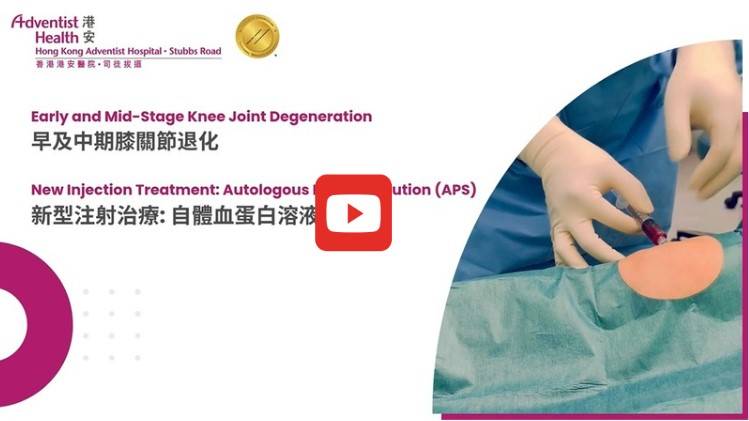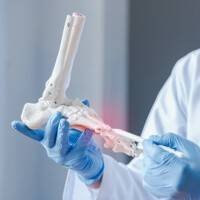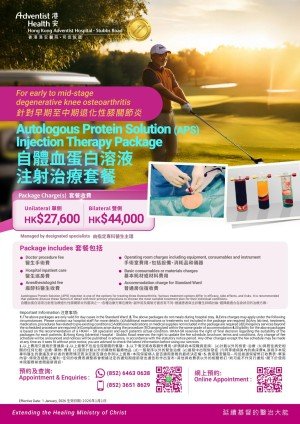The knee joint is the most commonly affected joint in the body when it comes to degeneration. Those suffering from degenerative knee arthritis often experience pain, occasional swelling and warmth, especially after movement.
Many individuals in their middle age or early sixties begin to face early or mid-stage knee degeneration issues. For these patients, non-surgical treatment options, such as knee joint injections, can be considered. In recent years, the medical field has introduced platelet-rich plasma (PRP) therapy for joint and soft tissue pathologies. A newer form of PRP, known as Autologous Protein Solution (APS) , is developed specifically targeting knee degeneration.

How It Works
Joints contain two types of proteins: ‘good proteins ‘means anti-inflammatory cytokines which supress inflammation ; ‘bad proteins’ means pro-inflammatory cytokines . Good proteins inhibit the effects of the bad proteins, thereby improving the joint environment and reducing cartilage damage.
The APS solution primarily consists of high concentration anti-inflammatory cytokines and growth factors. Injecting this protein-rich APS solution into joints can help to restore the protein balance, thereby suppressing inflammation, alleviating pain, protecting cartilage and promoting healing.
As a completely autologous (self-derived) treatment, APS is biocompatible and does not trigger allergic or rejection reactions, making it particularly suitable for treating pain caused by degenerative knee arthritis.
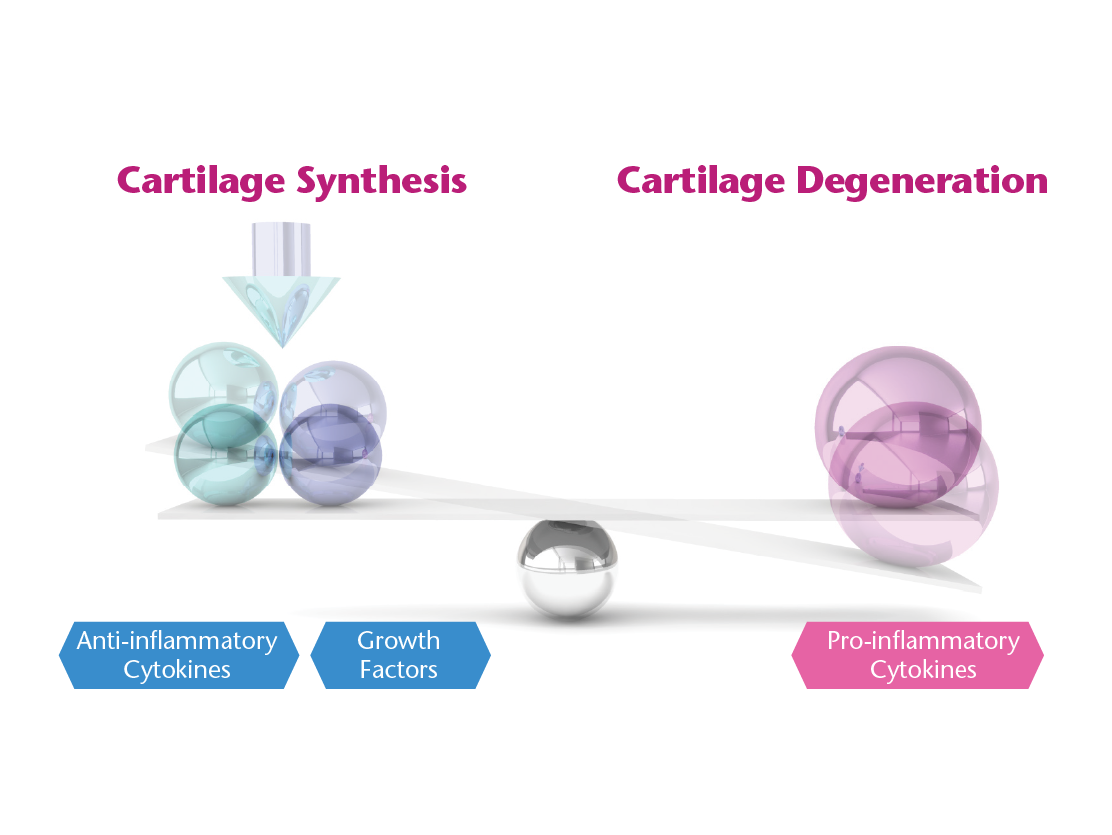
Treatment Procedure
The treatment process is similar to conventional PRP therapy: The treatment involves drawing 60ml of blood from the patient, processing it via centrifugation to concentrate 3-4ml of protein-rich solution (APS Solution) packed with growth factors and anti-inflammatory cytokines, and precisely injecting it into the knee joint.
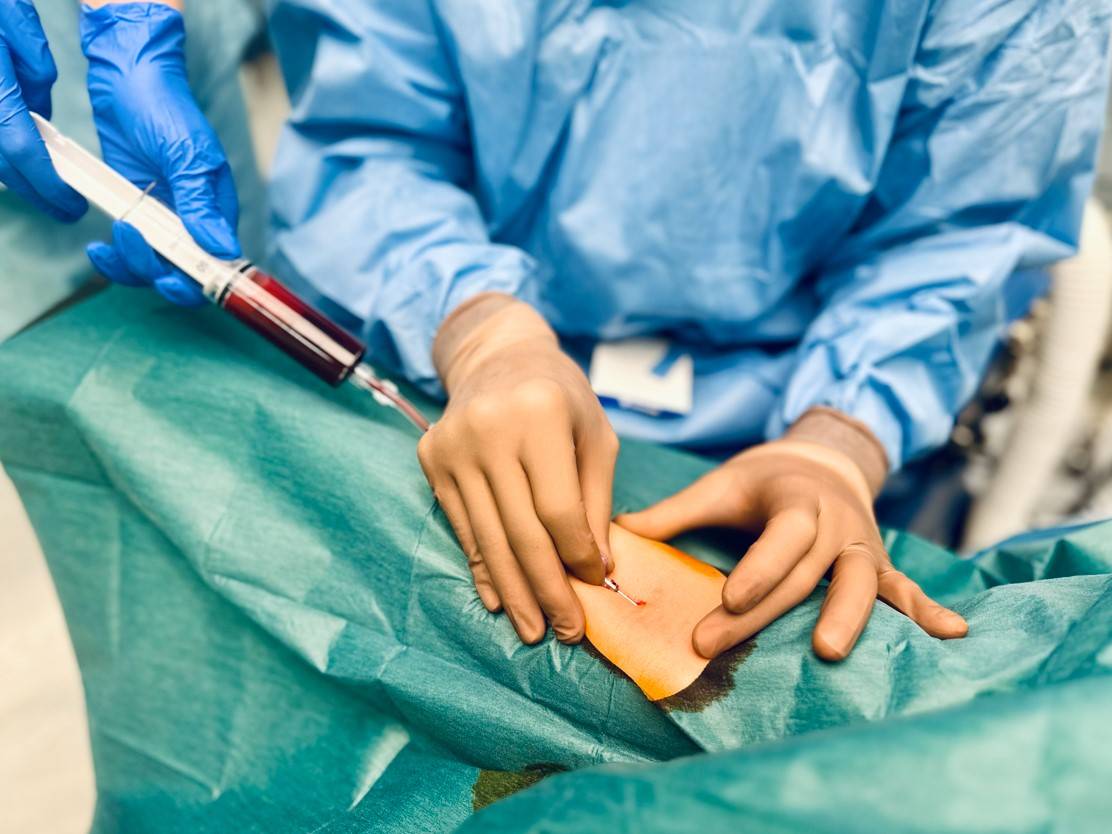
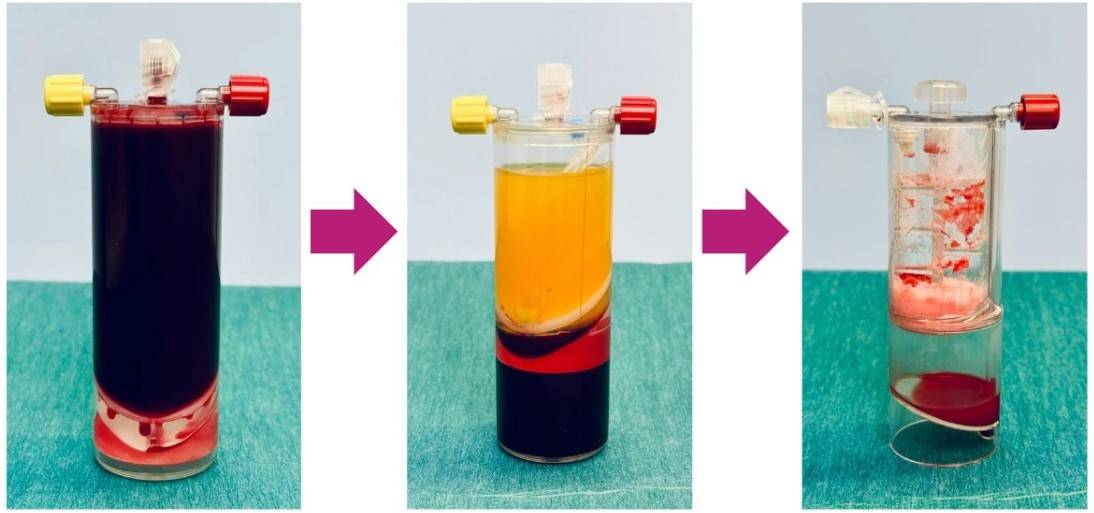
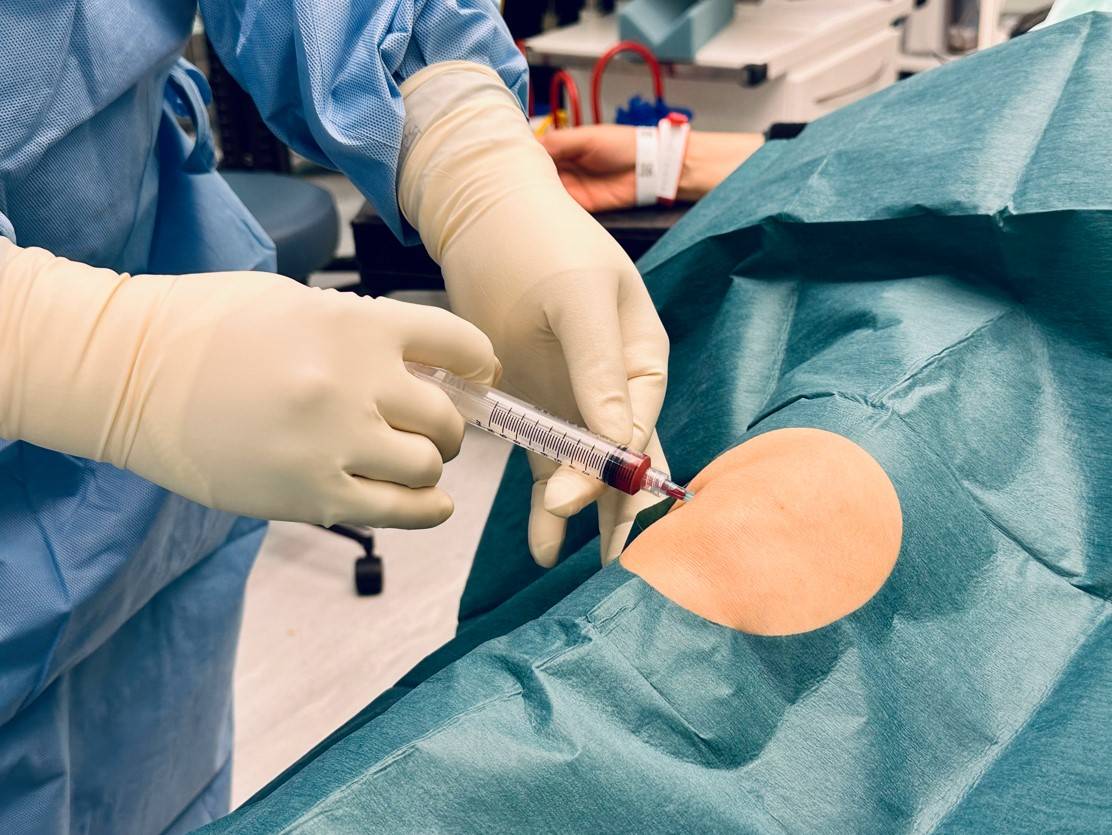
Advantages
√ Day Surgery procedure – Short hospital stay for few hours only.
√ Performed under sterile conditions – Ensures safety and minimizes infection risk.
√ Minimal downtime – Most patients resume light activities shortly after treatment.
The APS injection is suitable for any adult patient suffering from knee osteoarthritis, especially those with mild to moderate degeneration. Studies have indicated that APS is most effective for pain reduction in patients at the early stages of osteoarthritis, making it an ideal option for this demographic.
Local and International Accreditation
APS has received the following regulatory approvals / registration :
- CE Mark in Europe, the Middle East, and Africa (EMEA) on 2012
- FDA clearance as a Platelet-rich plasma (PRP) product on 2023
- In the Asia Pacific region, APS has been cleared by local health authority as treatment of degenerative knee osteoarthritis in Australia, New Zealand, Japan, and Singapore
- Introduce to Hong Kong and Macau in 2016 and 2018 respectively , registered in Hong Kong Department of Health in 2020 as Medical Device [HKMD No.200424]
Treatment Steps
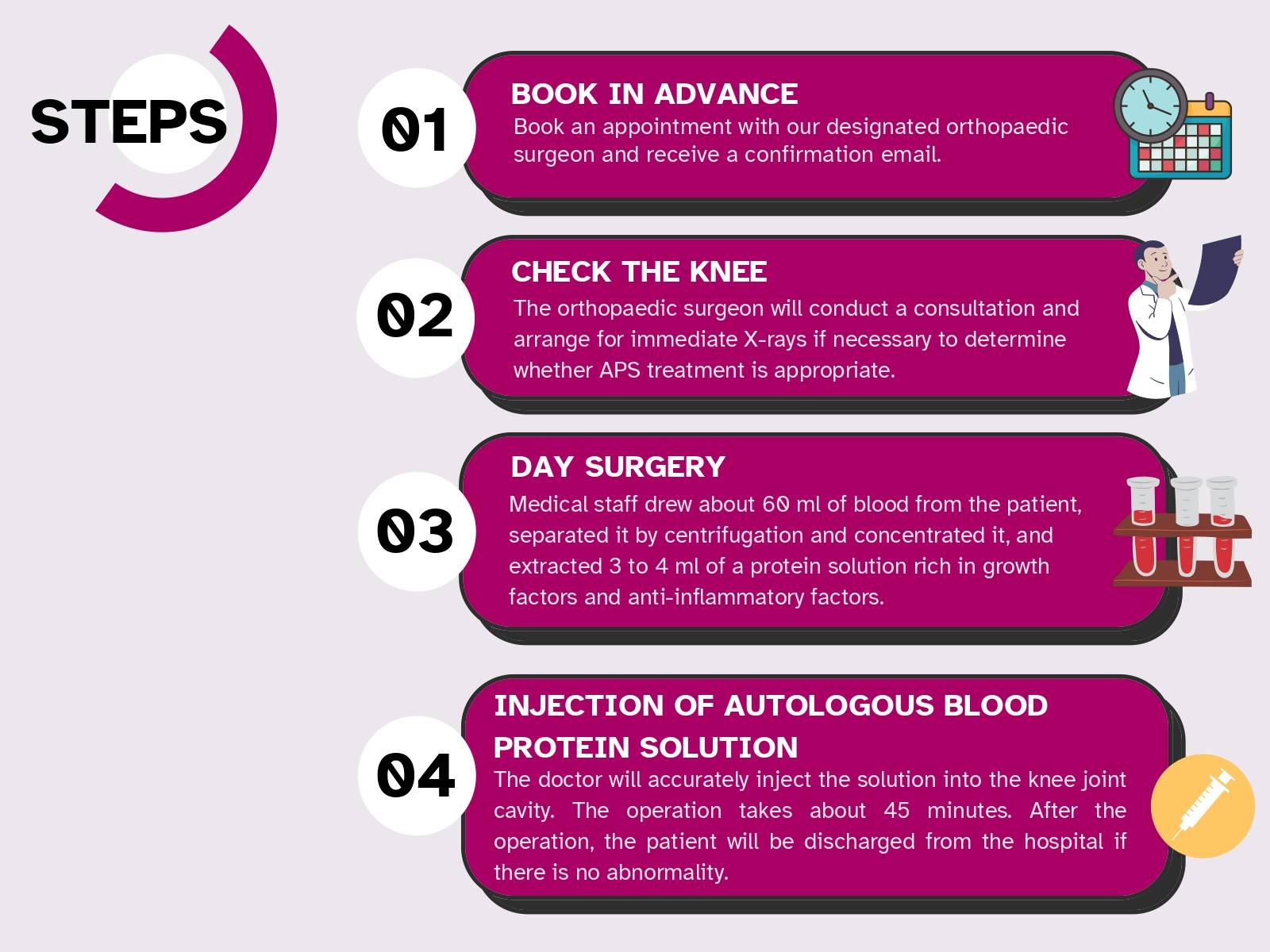
FAQ
1. Can APS cure my Knee Osteoarthritis?
Currently, there is no medical evidence to support any single therapy that can completely cure degenerative knee osteoarthritis. However, APS injections can slow progression and reduce pain. Early treatment yields better results.
2. Is APS injection safe? Any side effect?
It is very safe. Since the APS injection is derived from the patient's own blood, they do not cause allergic or rejection reactions. However, there are general risks associated with blood draws and injections, such as bruising and swelling.
3. What should be noted after APS injection?
Patients can go home on the same day after the injection. If needed, they may apply ice or take pain relievers. Even if pain decreases, it is advisable to avoid intense activities for 1-2 weeks and to follow the doctor’s instructions for rehabilitation exercises to achieve the best results.
4. How long does it take for APS injection to be effective?
Clinical studies showed that it will take about 4-6 weeks for patient to feel significant pain reduction.
5. Do I need repetitive injection?
Most patients experience effective pain relief for 1 to 2 years after a single injection (Effect might vary and depends on the knee condition) When the therapeutic effects gradually diminish, patients can receive additional injections based on their needs.


